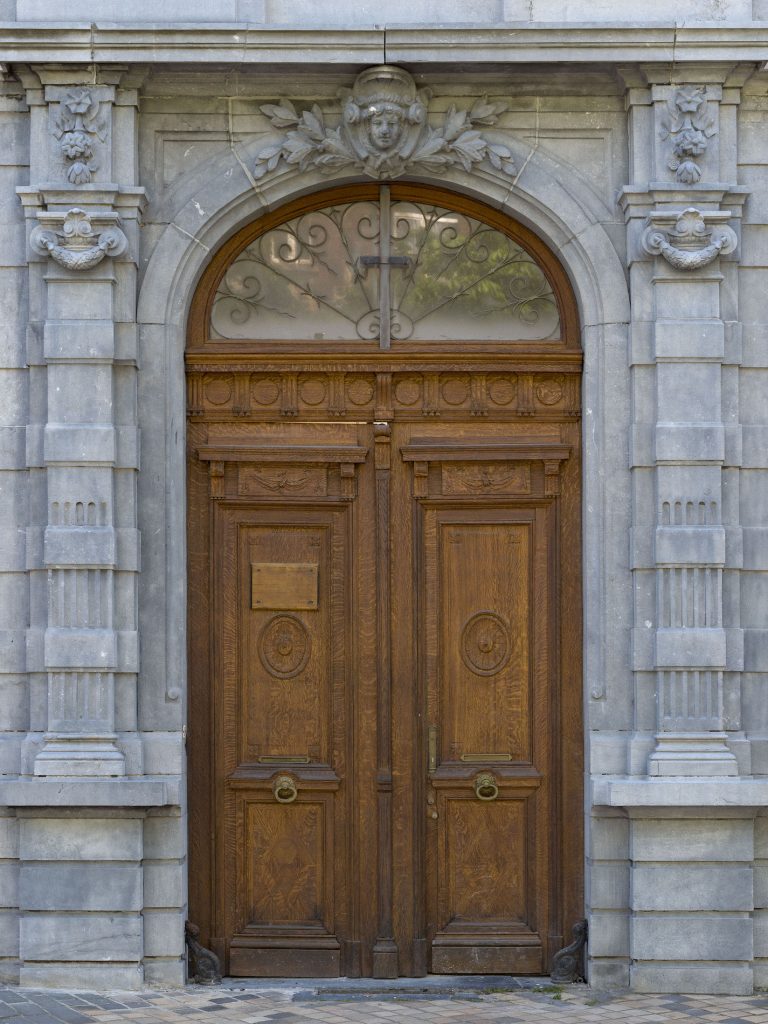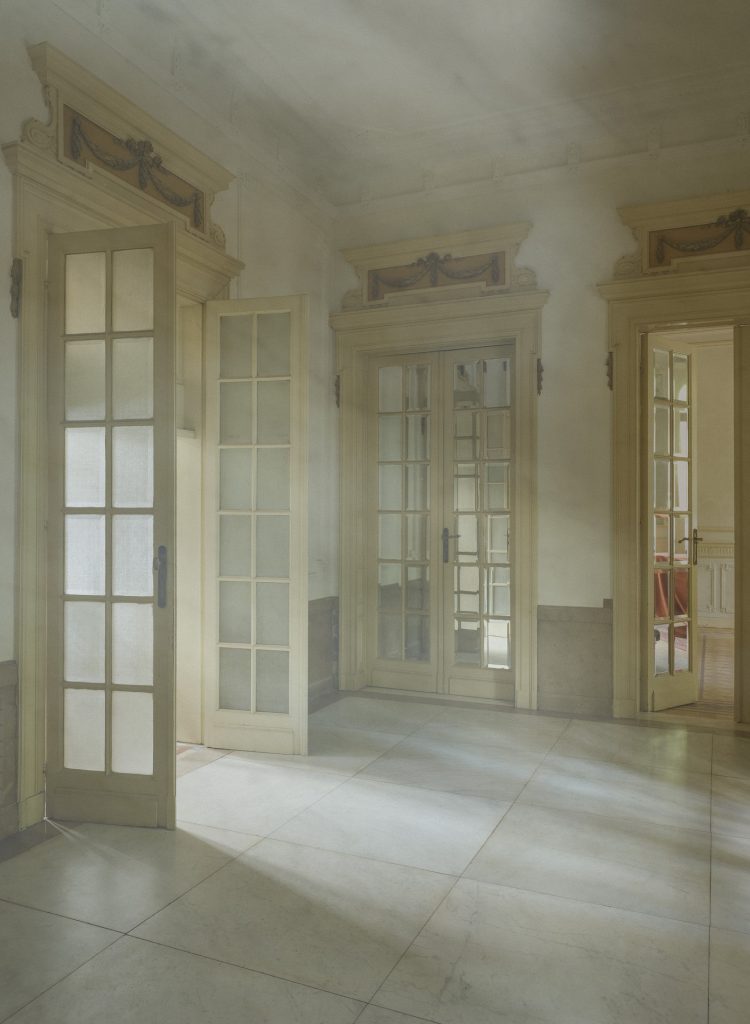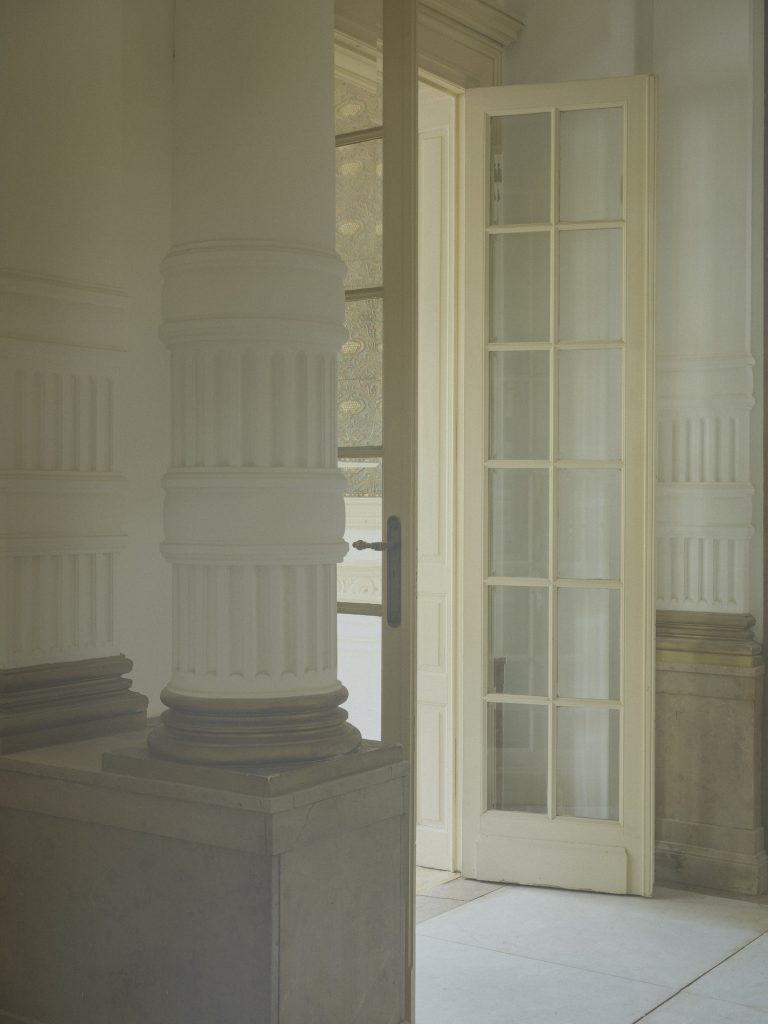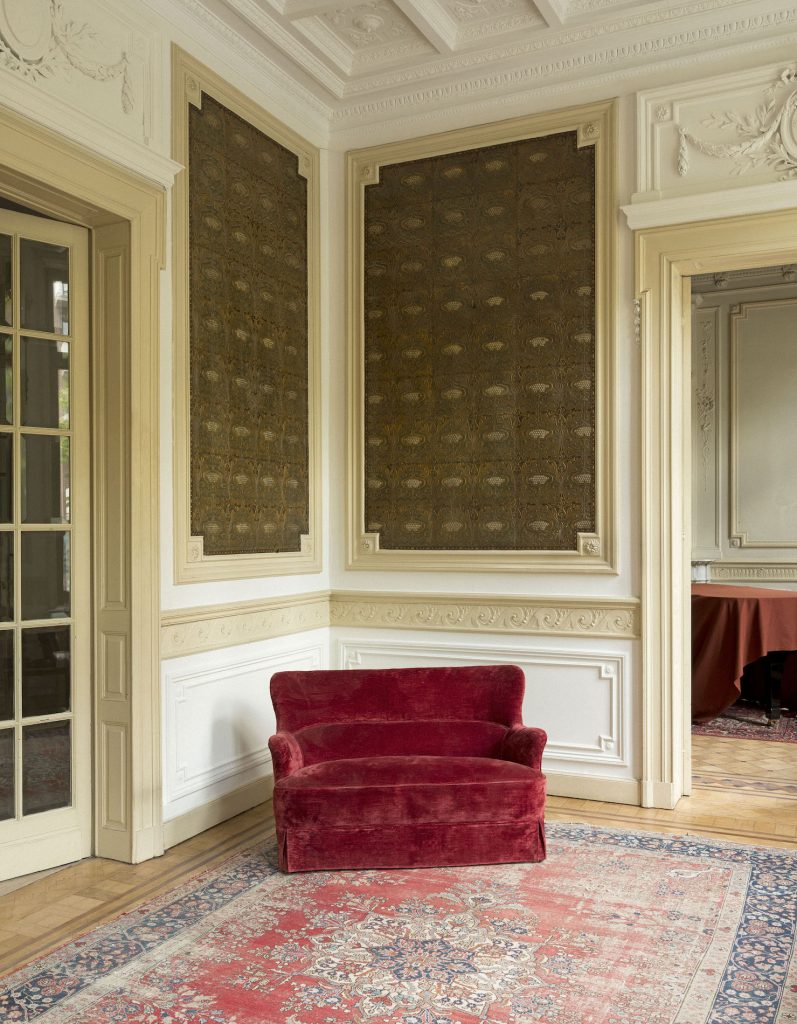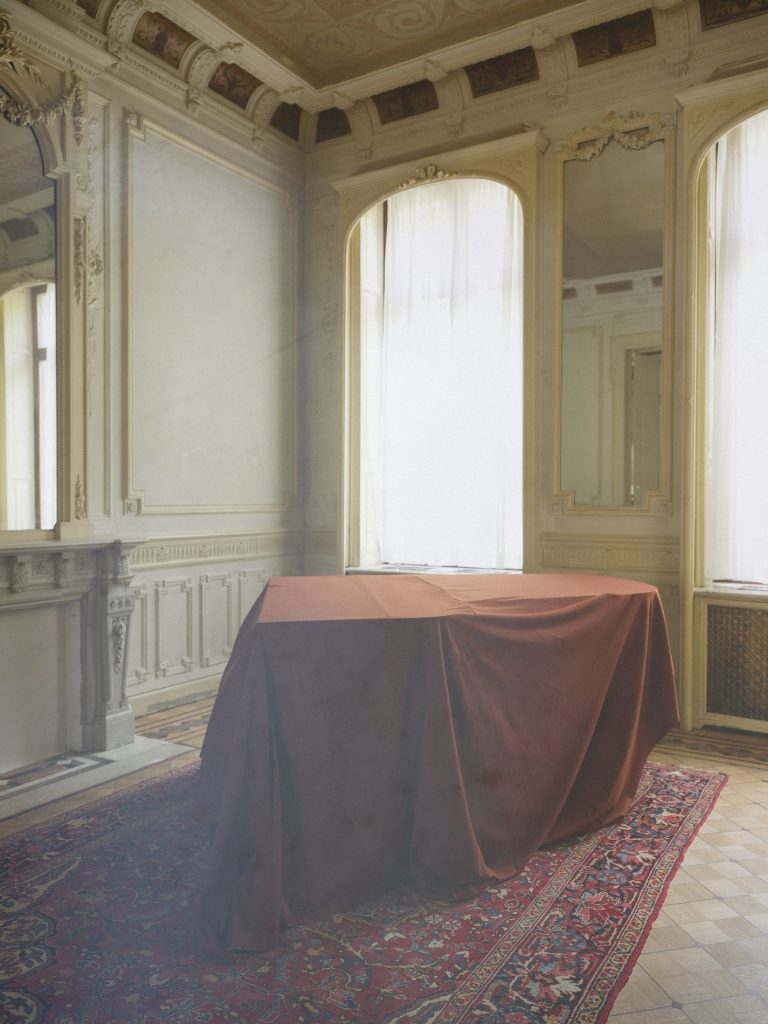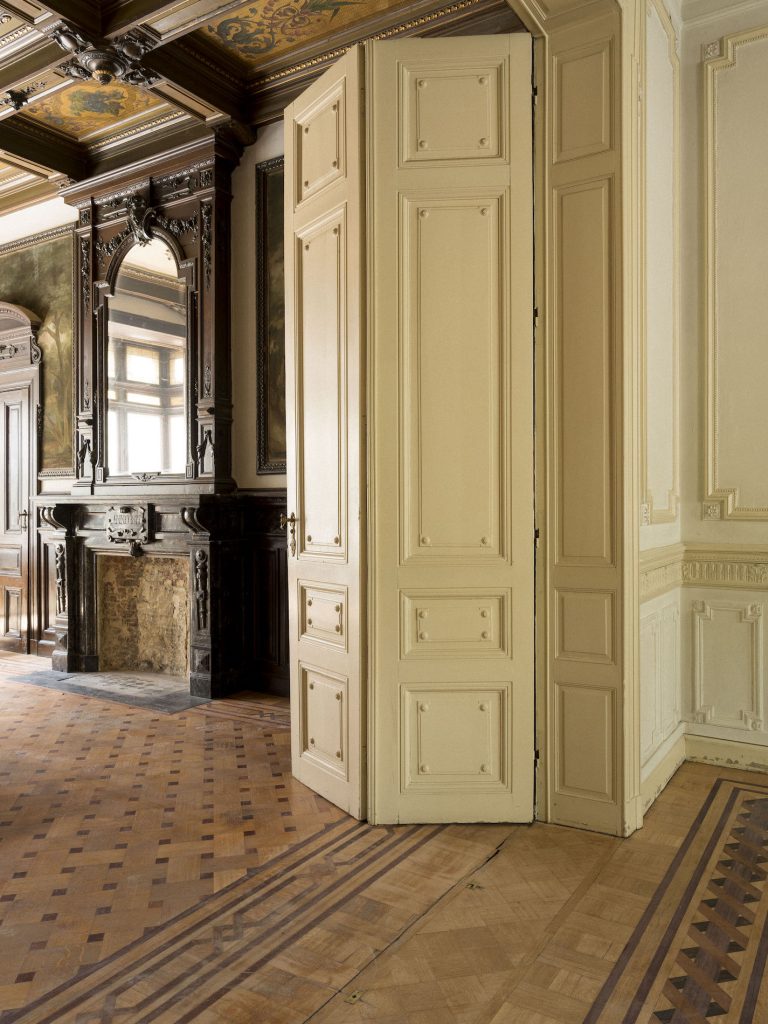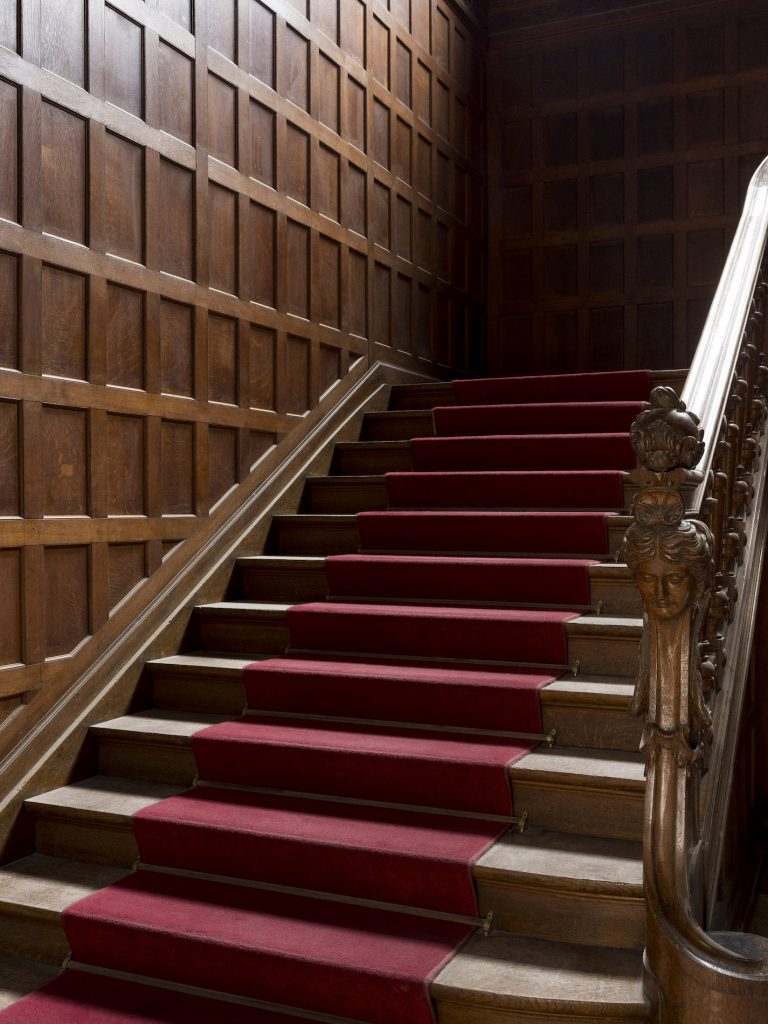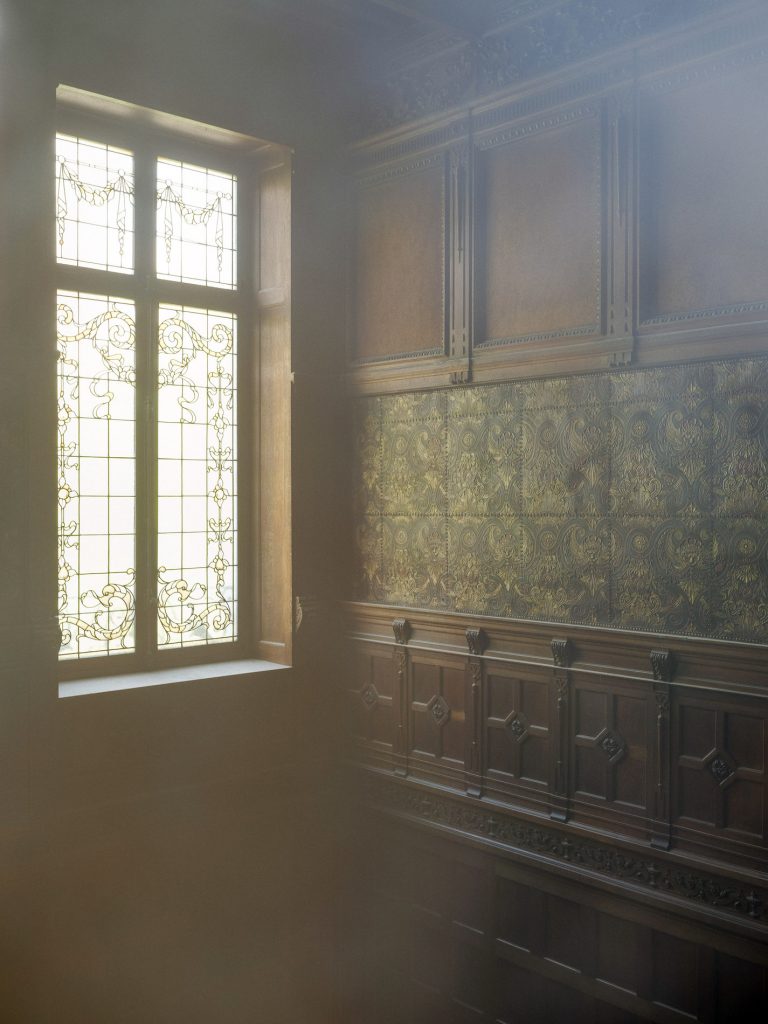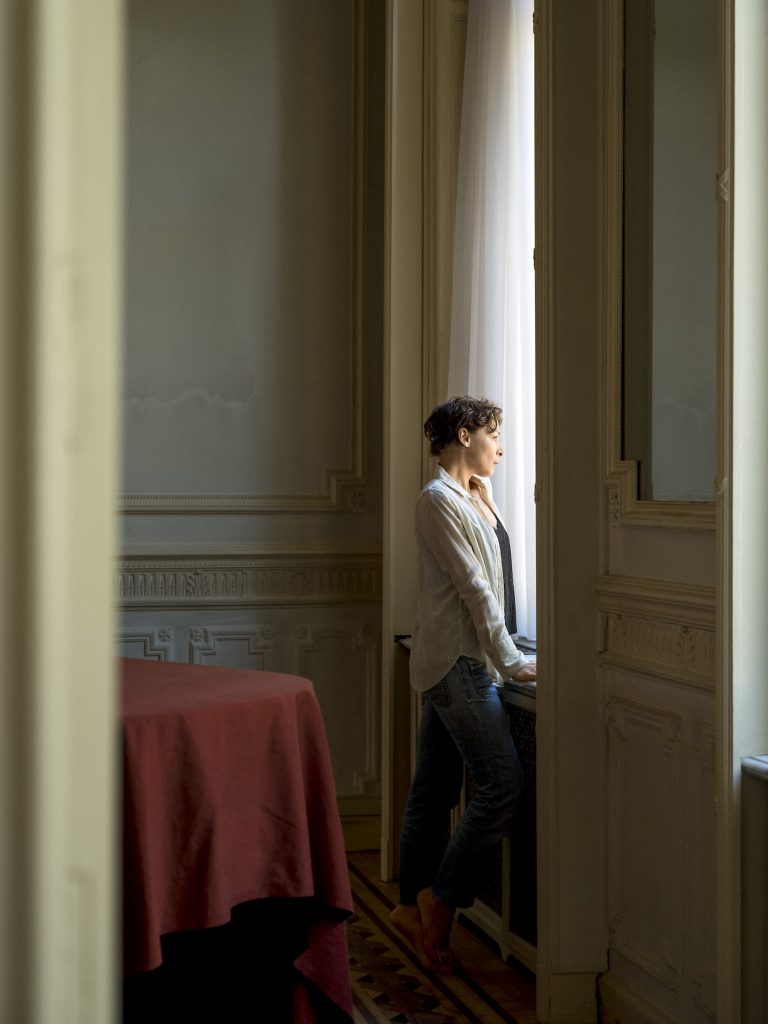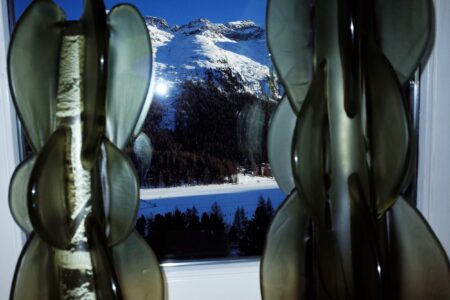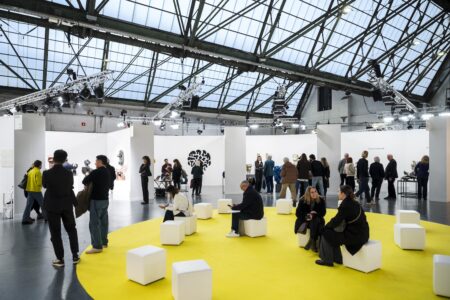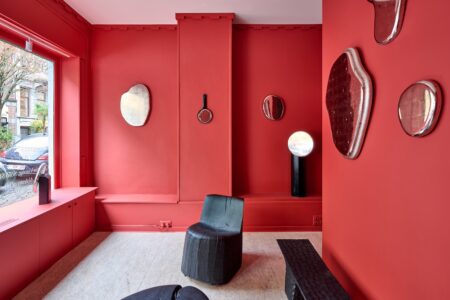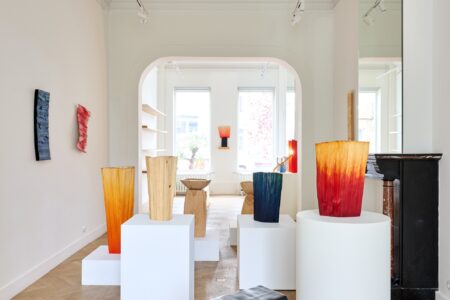
Mélanie De Biasio L’Alba: The Voice of the Dawn Light
TLmag spoke to Belgian artist Mélanie De Biasio about her successful career and a project close to her heart: L’Alba, which is the Italian word for “dawn”.
An artist to the core, Belgian musician and singer of Italian origin, Mélanie De Biasio continues her successful career while carrying out in parallel a project close to her heart: L’Alba, which is the Italian word for “dawn”.
This contemplative woman began the project without really considering that she was embarking on a titanic adventure to restore a beautiful, listed building in her hometown of Charleroi, in Belgium’s Walloon region. Seeking both a haven of peace and an ideal that would lead her to light like all great artists, Mélanie cultivates her own, very unique setting, from the slag heaps among the black landscapes of the former coal mines to L’Alba, a neo-classical heritage mansion built in 1877, whose majestic presence opens onto a space that plays on its own duality: both timeless and rooted in contemporary reality.
By becoming a general contractor whenever her schedule allows, Mélanie has taken up the challenge of a lifetime: to complete, during these months of confinement, a site that borders on the monumental. And it cannot be doubted for one minute that this beautiful mansion, which previously housed the Italian consulate, and which adjoins the music conservatory, is just waiting to be restored and revived to its glory days. De Biasio’s vision is to transform it into a shared creative space-where artists, musicians, and performers will come to work on their crafts and perform for audiences, letting in the positive and creative energy that encourages exchange and collaboration. L’Alba has already hosted the Semaine de Son, the Pitch Café for young talents in collaboration with the Comptoir des Ressources créatives, Fatou Traouré, choreographer and dancer in residence for three weeks, as well as the American poet and writer Gil Helmick, who collaborated with Mélanie on one of her recent albums, “Blackened Cities”.
Tlmag: How did you experience the space of this house, a former consulate, during confinement? Has the project evolved in the past two months?
Mélanie De Biasio (M.B.): I concentrated on the work I had to finish in order to open the house to its new occupants as quickly as possible. It was a period of observation, but I felt the need to return to a lifestyle of great simplicity. The current situation reminds me to what degree we are all connected. While keeping an eye on the evolution of the pandemic, I think that L’Alba is exactly the type of place that we need to gather together. For me, finishing L’Alba is urgent, and meets our anticipation of being together again. I will try out smaller, more intimate engagements, those in which the house itself is part of the experience. This house remains open to the world and, to fulfil its mission, it must belong to the greatest number of people. It is a property that I acquired but that does not belong to me in absolute terms, even though I am renovating it. I am creating a new life in L’Alba and I would like it to evolve in collaboration with those I will welcome here. In parallel with my career, I live in this house but above all I want to share it with those who live here in residence or who pass through.
Soon, L’Alba will be inhabited by an association of actors who will bring it to life artistically, through the Festival de Wallonie, Point Culture – La Médiathèque, with synergies foreseen with Charleroi’s Music Conservatory.
TLmag: You will soon welcome new occupants at L’Alba. What sorts of events are you planning for the coming months? Residencies, exhibitions, concerts etc.? Tell us about your multidisciplinary approach.
MDB: At first, I would like to favour solo performances and more intimate concerts. I also hope to promote multidisciplinarity by mixing the talents of poets, musicians and artists who work with light, acoustics, time. The house is a space in motion where you can move around. It will become a material for creation that will also leave space for surprise.
Day and night, the house has an energy that renews itself. During the day as well as in the evening, the light is unique and when it whitens on the horizon, this is where L’Alba emerges, meaning that feeling of waking up at dawn, the particular energy at daybreak. It’s a special moment made up of many successive layers that perfectly describe the mood in which I am carrying out this project. Looking for new attitudes, for collaborations with other disciplines that would not otherwise meet up, unless you bring it about at the given moment. I believe in a return to simple things, to an “old-fashioned” life. Some people go to monasteries, others like to experience a city. The writer Caroline Lamarche wrote to me about my approach, “as long as we dream, we are alive”. L’Alba is an urban Medici Villa, in the heart of a wounded and emerging city, Charleroi. The people are empathetic. Human relationships are very accessible. I see L’Alba as a great lady whose grace has remained intact, in an immutable site, against the background of a city full of contrast. I drew the identity of L’Alba in Indian ink, inspired by the calligraphic work of artist Fabienne Verdier. I was deeply touched by his relationship with the living and the gentleness of gesture that resulted from his wanderings in China.
TLmag: There are several symbolic spaces in this house; Would you talk about them? What are the historical details that touch you the most in this 19th century house?
MDB: The stained-glass windows bring colour, the high ceilings let the spaces breathe, the wallpapers in embossed cardboard create the setting of another era, the grand staircase in wood is a playground that creaks under foot, the ambassador’s room, which will be the artist’s suite, was restored by marquetry and parquet master Guy Provencher. The ceiling mouldings were renovated by staff and stucco specialist Michel Ciselet. Christophe Beaugé, carpenter and theatre decorator, also worked on the woodwork, as did many volunteers and history lovers. In this house, you can feel the passage of all the craftsmen and tradesmen from the end of the 19th century. Our work is to conserve these spaces and open them to new uses, without overly furnishing them, but rather punctuating them with objects and light to give them life day and night and create an atmosphere conducive to creation and collaboration. I would also like a garden in the courtyard, which is currently a vacant lot, to give it a more vegetal soul. Adding flora, and also fire with an open fireplace that would be both source of heat and meeting spot for intimate evenings at L’Alba, remains an objective still to be achieved.
TLmag: What would be your absolute dream for L’Alba?
MDB: The initial dream remains my ideal. To bring about this project as a response to a collective need. L’Alba will have to grow on its own by bringing together a community that can self-generate its programming. I would also like it to be fuelled by a network of volunteers who see the house as their own. That it awakens an intergenerational link, a desire to know, to share and to transmit, and to fuel future generations.
TLmag: Sharing, living together, coming together after these two months confinement… do you believe what we have experienced will disrupt your artistic practice? What do you expect for the future of the cultural sector – of the music scene in particular – in Belgium and elsewhere?
MDB: It’s not easy to be in a relationship without touching. I will soon begin a new creative process after this two-month break. It’s more about writing … and total immersion. The year ahead will allow me to better define how to share this new cycle. A page is turning. During the confinement period, I was not very connected; it was not a withdrawal, but I needed to gather all my strength for the future. The entire artistic community has been destabilised, that’s the hardest part to experience, when culture is really essential for all of us. We face a critical questioning which will force us to grow. We will undoubtedly go through a period of rebellion. We are confined but not alone.
TLmag: Is it still possible to reinvent yourself on stage, when the audience cannot be physically present? Do you believe in these digital performances that remove the sensory presence and contact between people?
MDB: I want to give, but not free online. I wish to keep the ‘live’ quality of light and sound. The artist reveals herself on stage and it should stay this way. Right now, I prefer silence; I have been contacted by the press, but I have refused to do interviews because I needed to stay removed.
TLmag: Will L’Alba perhaps follow an alternative path and initiate this eagerly awaited “meeting” still to come?
MDB: I want to find myself surrounded again. To feel the awakening, the dawn on L’Alba.
This article was reposted from TLmag 33 Extended: New Age of Humanism.
